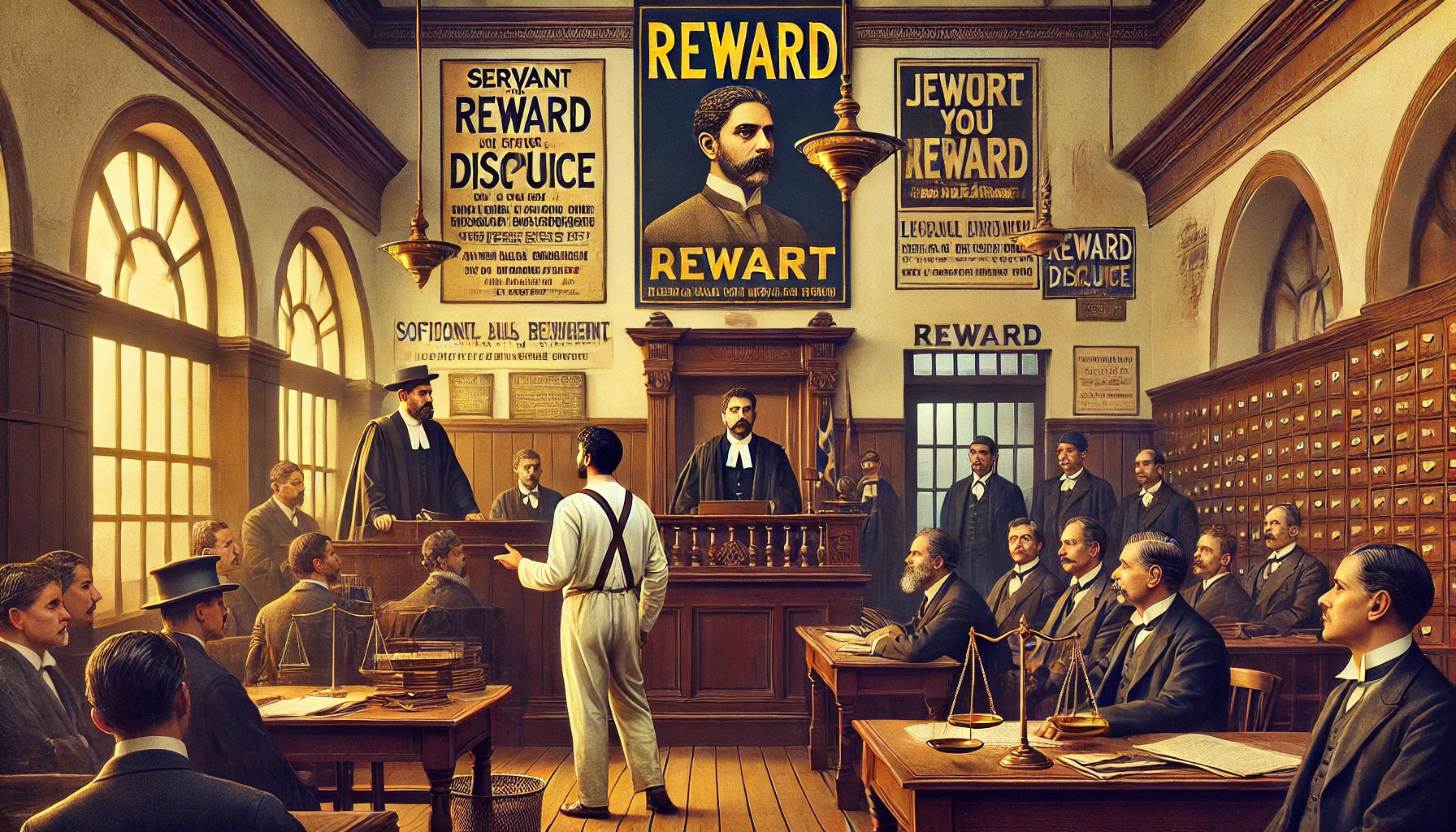Case: Bhagwandas Goverdhandas Kedia v. Girdharilal Parshottamdas & Co. (1966)
Citation AIR 1966 SC 543 Court Supreme Court of India Date of Judgment 22 November 1965 Bench Hon’ble Justice J.C. Shah, Hon’ble Justice K. Subba Rao, Hon’ble Justice R.S. Bachawat Facts of the Case Bhagwandas Goverdhandas Kedia, the appellant, conducted business in Hyderabad, and Girdharilal Parshottamdas & Co., the respondent, operated in Ahmedabad. The two parties communicated through a telephone conversation, during which Bhagwandas agreed to sell cotton seed cakes to Girdharilal. The appellant failed to deliver the agreed goods, prompting the respondent to sue for breach of contract. The key issue in the case was to determine where the contract was concluded—in Hyderabad, where the offer was made, or in Ahmedabad, where the acceptance was communicated. Legal Issues Where was the contract formed—the place of offer or the place of acceptance? Does communication through instantaneous means (telephone) differ from traditional postal communication in determining the location of contract formation? Reasoning of the Court Communication Through Instantaneous Means The Supreme Court held that contracts made via instantaneous means, such as a telephone, are formed at the place where the acceptance is heard by the offeror. Place of Contract Formation The court ruled that the contract was concluded in Hyderabad, where the appellant heard the respondent’s acceptance. Unlike postal communication, telephone communication involves instantaneous delivery of acceptance, making the place of hearing the decisive factor. Objective of Contractual Rules The court emphasized that rules regarding contract formation should ensure clarity and certainty in commercial transactions. The principle of acceptance being effective upon hearing ensures a logical and fair outcome. Judgment The Supreme Court ruled that the contract was formed in Hyderabad, where the acceptance was heard. The court emphasized the distinction between contracts formed through postal communication and those formed through instantaneous means, establishing a precedent for the latter. Significance of the Case Precedent for Instantaneous Communication This case established the principle that in contracts formed through instantaneous means, the place of hearing acceptance determines where the contract is concluded. Clarity in Commercial Transactions The judgment provided much-needed clarity for businesses engaging in cross-border or inter-state transactions involving modern communication methods. Evolution of Contract Law The case reflects the adaptability of contract law to evolving communication technologies, ensuring the relevance of legal principles in a dynamic commercial landscape. Conclusion The case of Bhagwandas Goverdhandas Kedia v. Girdharilal Parshottamdas & Co. is a landmark judgment that addressed the impact of instantaneous communication on contract formation. It reinforced the importance of defining the location of contract formation to avoid disputes in commercial dealings.






